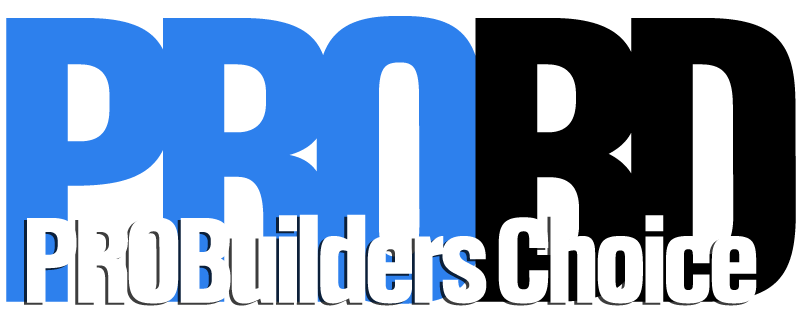This pessimism was mostly caused by ongoing inflation, particularly rising food and petrol prices.
The Conference Board’s Consumer Confidence Index stayed practically constant at 104.7 in March, reaching its lowest level since November 2023.
The Present Situation Index increased 3.4 points from 147.6 to 151.0, while the Expectation Situation Index decreased 2.5 points from 76.3 to 73.8.
Historically, an Expectation Index value below 80 has generally predicted a recession within a year.

In March, consumers’ assessments of current business conditions remained mostly unchanged. While the proportion of respondents evaluating business circumstances as ‘excellent’ reduced slightly (0.9 percentage points to 19.5%), the proportion reporting ‘poor’ conditions also decreased (0.5 percentage points to 17.2%).
Meanwhile, consumers had a more positive view of the labor market. The proportion of respondents who said jobs were “plentiful” increased by 0.3 percentage points, while those who said employment were “hard to get” decreased by 1.8 percentage points.
Similarly, consumers were negative about the short term prospects. While the proportion of respondents expecting business conditions to improve grew somewhat (from 14.0% to 14.3%), the proportion expecting conditions to deteriorate also climbed (from 16.9% to 17.6%).
Similarly, employment prospects for the next six months were less positive. The proportion of respondents expecting “more jobs” fell somewhat (0.2 percentage points to 13.9%), while those expecting “fewer jobs” climbed (0.7 percentage points to 18.2%).

Furthermore, the Conference Board observed a rise in the number of respondents wanting to buy a home within six months. In March, the share price rose to 4.9%.
Respondents expecting to buy a newly constructed home remained at 0.3%, while those planning to purchase an older home jumped to 2%.
(Source: Buildradicals.com)











